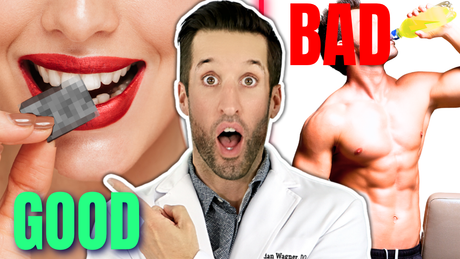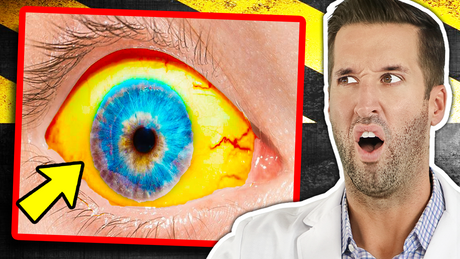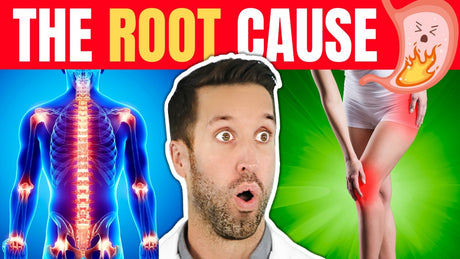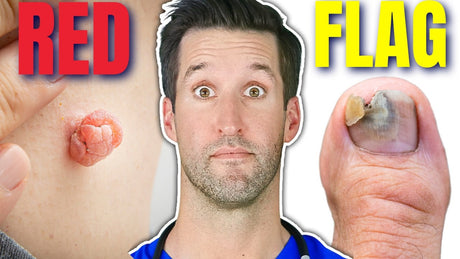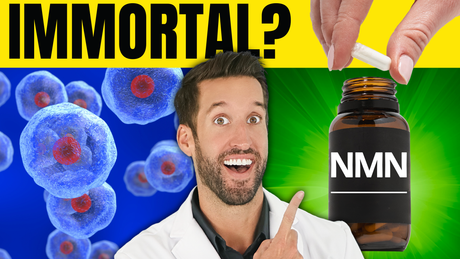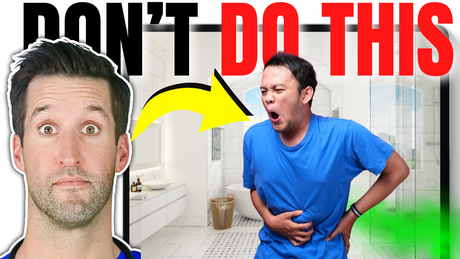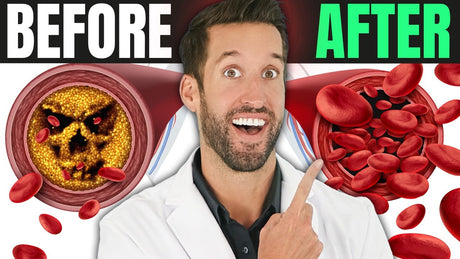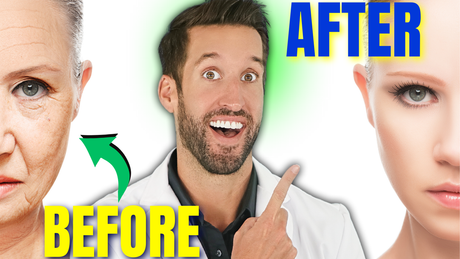Hidden Hobby Dangers, Work Habits, and More
Cancer is one of the leading causes of death globally, with over 18 million people diagnosed each year. In part one of this series, we covered a few key risk factors. Now, let’s continue with 8 more sneaky contributors that might be putting you at higher risk—without you even realizing it.
8. Chronic Low-Grade Inflammation
What is it? Chronic inflammation occurs when your immune system stays active for too long, even when there’s no injury or infection to fight. This ongoing internal “fire” can damage your DNA, weaken your immune system, and even help cancer cells grow. Factors like obesity, untreated infections, autoimmune diseases, and poor lifestyle choices (like junk food and a sedentary lifestyle) can all contribute to inflammation.
How to reduce inflammation and cancer risk:
- Eat anti-inflammatory foods like berries, spinach, nuts, and omega-3-rich fish (like salmon).
- Stay active with regular exercise like walking or yoga to get your heart pumping.
- Manage stress, which can also contribute to inflammation.
To help manage stress, try Chillax from Life Happns. Formulated by doctors and nutritionists, it’s packed with calming ingredients to support relaxation and reduce stress, making it easier to manage your health.
7. Lack of Sunlight (Vitamin D Deficiency)
While too much sun exposure can increase your skin cancer risk, not getting enough sunlight has also been linked to increased cancer risk, particularly breast, prostate, and colorectal cancer. Vitamin D plays a critical role in regulating cell growth and keeping abnormal cells in check.
How to boost your Vitamin D levels:
- Spend 10-30 minutes in the sun daily.
- Include Vitamin D-rich foods like fatty fish, egg yolks, and fortified foods.
Consider adding a Vitamin D supplement to your daily routine if you’re not getting enough from food or sunlight. Remember—balance is key! Protect your skin with sunscreen while soaking up that sunshine.
6. Ultra-Processed Foods
Ultra-processed foods like frozen dinners, sugary snacks, and instant noodles are convenient, but they come with hidden risks. These foods often contain artificial additives, excess sodium, and preservatives that can disrupt metabolism and contribute to cancer over time.
How to improve your diet:
- Swap out processed foods for whole, minimally processed ingredients.
- Try making quick meals like stir-fries with fresh vegetables.
Small diet changes can improve your overall health and reduce your cancer risk.
5. Night Shift Work
Night shift work can disrupt your circadian rhythm, affecting hormone regulation, including melatonin, a hormone that has antioxidant properties protecting cells from DNA damage.
How to improve sleep quality:
- Create a dark, cool, and quiet sleep environment during the day to support rest.
- Consider using natural sleep aids, like Do Not Disturb from Life Happns. This supplement is designed to promote better sleep with natural ingredients such as magnesium and L-theanine, perfect for anyone with a disrupted sleep schedule.
4. Plastics in Food Storage
Microwaving food in plastic containers or using single-use plastic bottles exposes you to harmful chemicals like BPA and phthalates, which disrupt hormones and could contribute to cancer.
How to reduce exposure:
- Use glass or stainless steel containers for food storage.
- Switch to reusable water bottles.
These simple changes can help protect your health and reduce exposure to toxic chemicals.
3. Smoking Hookah or E-Cigarettes
Hookah and e-cigarettes are often mistaken for safer alternatives to traditional smoking, but they still contain harmful carcinogens like tar, carbon monoxide, and formaldehyde.
How to reduce risk:
- Avoid smoking hookah or using e-cigarettes.
- If you’re trying to quit, seek support from therapy or apps designed to help break the habit.
By quitting smoking in any form, you’re reducing your cancer risk and improving overall health.
2. Frequent Air Travel
Frequent fliers, especially pilots and flight attendants, are at an increased risk due to exposure to cosmic radiation. High altitudes expose passengers to radiation levels similar to medical X-rays, which over time can damage DNA and increase cancer risk.
How to protect yourself:
- Eat antioxidant-rich foods like berries and leafy greens.
- Stay hydrated and exercise regularly.
- Consider consulting a doctor for any specific health concerns related to air travel.
1. Hair Dyes and Chemical Treatments
Chemical hair treatments, especially darker-colored dyes, contain carcinogenic chemicals that can be absorbed into the body over time.
How to reduce risk:
- Switch to natural or organic hair products.
- Limit treatments and use well-ventilated areas to reduce chemical exposure.
Small adjustments can keep your hair looking great while lowering your risk.
Conclusion
Cancer is a devastating disease, but the good news is that many factors influencing cancer risk are within our control. By making small, consistent changes—like reducing stress, managing inflammation, and avoiding harmful substances—we can take charge of our health and lower our cancer risk.
To support your wellness journey, check out Chillax for stress management and Do Not Disturb for better sleep, both doctor-formulated by Life Happns to help you feel your best.
Remember, these small changes can have a big impact over time, so take action today! Stay healthy, my friends.
Studies & References
- American Cancer Society
- National Institutes of Health
- The Lancet
- Journal of Clinical Sleep Medicine
- Environmental Health Perspectives
- World Health Organization
- NASA
- National Cancer Institute
All information on the Life Happns website is for informational purposes only, and is not intended to be used for medical advice, diagnosis, or treatment. Always seek the advice of your physician or other qualified health provider with any questions you may have regarding a medical condition or before starting any new supplement or health regimen.

